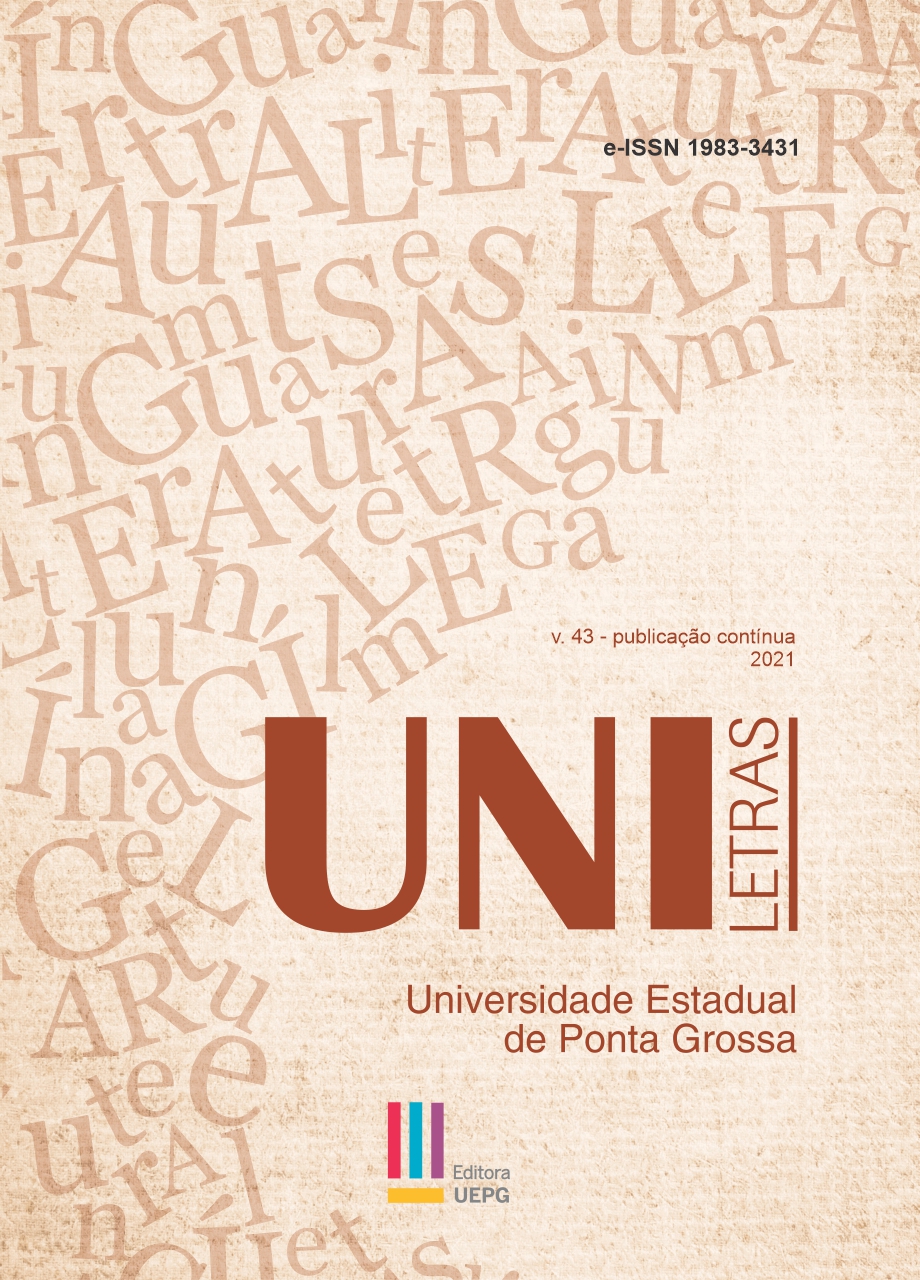“NEW HIGH SCHOOL. THOSE WHO KNOW IT APPROVE!”: SENSES DRIFT IN A (DIS)APPROVED SPEECH
Abstract
The conflicting change of government in 2016 in Brazil culminated in the dismantling of several public educational policies, such as the reform of high school. To stabilize the senses of the speech of approval of this reform, the government published several advertisements. We aim to analyze the functioning of the discourse present in these advertisements and discuss the educational duality in Brazil, seeking to understand the drift of the meanings of approval. A bibliographic study is carried out with interlocution with authors who research on educational policies such as Frigotto (2001), Gramsci (2004), Kuenzer (2007), Neves (2008). The Analysis of the Discourse of the Pecheutian aspect was the basis for the analysis of the discursive effects. This reform helps to form flexible subjectivities in the context of capitalism in crisis and deepens social inequalities.
Downloads
Downloads
Published
Issue
Section
License
Authors that publish in the journal agree with the following terms:
a) The authors keep the copyright and grant to the journal the rights of the first publication, with the work simultaneously being licensed under the Creative Commons Attribution License that allows the sharing of the work with the recognition both of the authorship and the initial publication in this journal.
b) This journal provides immediate public access to all of its content, following the principle that making scientific knowledge freely available to the public provides greater worldwide democratization of knowledge. For more information about this approach, visit Public Knowledge Project, a Project that developed this system to improve the academic and public quality of research, distributing OJS as well as other softwares to support the publication system to public/open access to academic sources. Names and e-mail addresses in this website will be used exclusively for this journal purposes, not being available for other ends.

This work is licensed under a Creative Commons Attribution 4.0 International License.





